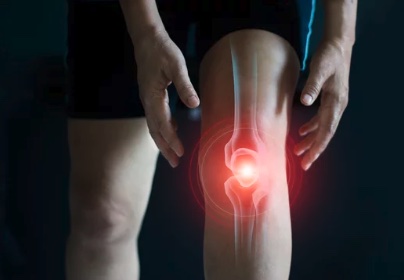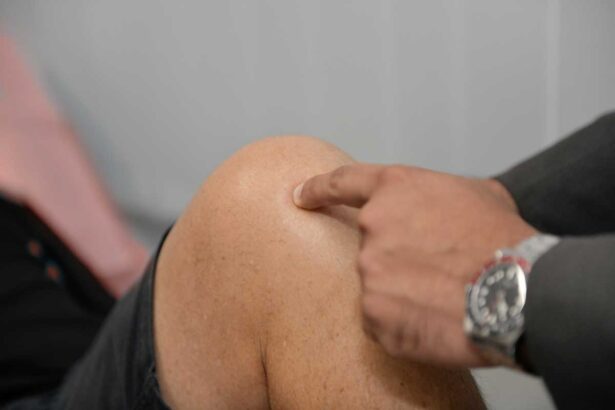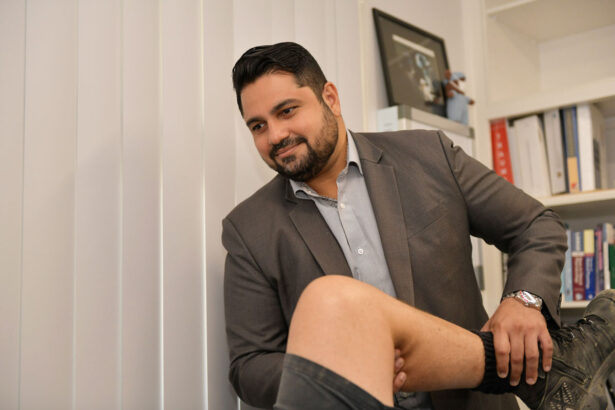
Articular cartilage is the soft, white cartilage that covers the ends of the bones and helps the joints to move smoothly. Your articular cartilage can be damaged by trauma such as from a sporting injury, bone malalignment, or from being overweight. Knee osteoarthritis can also directly damage the cartilage surfaces and once damaged, articular cartilage will not heal on its own.
Sudden injury to a person’s articular cartilage is usually a traumatic event and associated with significant pain and swelling. It is often similar from other major injuries to the knee such as a ligament injury, a dislocation, or a fracture.
Symptoms of a knee cartilage injury
If a fragment of cartilage is damaged or breaks away, it can cause:
- Pain, swelling and stiffness in the knee
- A sensation of grinding or clicking in the joint when it moves
- Difficulty carrying out everyday activities such as walking, climbing stairs, bending, squatting and kneeling
- Knee instability (when your knee feels unstable and/or gives way)
- The joint catching or locking when you bend or straighten your knee
Diagnosing a knee cartilage injury
Dr Singh will discuss your symptoms with you and examine your knee to check for tenderness, stiffness, swelling and any difficulties with movement. In most cases, he will arrange for you to have an X-ray to confirm the diagnosis of arthritis. He may also arrange for you to have a magnetic resonance imaging (MRI) scan to show any damage to the soft tissue (cartilage, tendons and muscles) in your knee.
Treatment for a knee cartilage injury
There are several potential forms of treatment for articular cartilage damage and treatment options depend on a number of factors, including how much the damage is affecting your everyday life and activities.
Non-surgical treatment includes resting the joint, elevating it, applying ice to minimise swelling and protecting it using a support such as a knee brace. In some cases, this can be enough to reduce your symptoms. You may however need to make some lifestyle changes, along with having physiotherapy and taking painkillers (as prescribed by your doctor).
Surgery: it is unlikely that the cartilage in your knee will heal once it has been damaged. Dr Singh can however carry out a number of procedures to help repair the damage. Loose bodies can be removed by arthroscopic surgery, and this will help reduce mechanical symptoms and may abolish locking or giving way of the joint. Loose flaky articular cartilage can be removed, and surface irregularities can be smoothed down mechanically, a process known as chondroplasty.
Your treatment options can all be discussed in your consultation with Dr Singh as, many conditions can cause knee pain and/or injury so, a correct diagnosis in consultation with Dr Singh is critical in determining the best option for you.
 Christmas Operating Hours
Christmas Operating Hours 


















